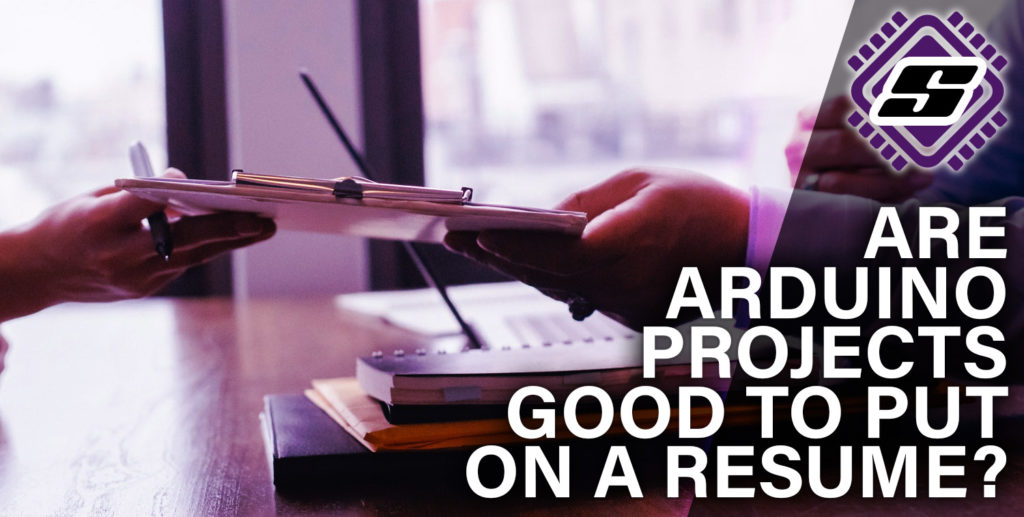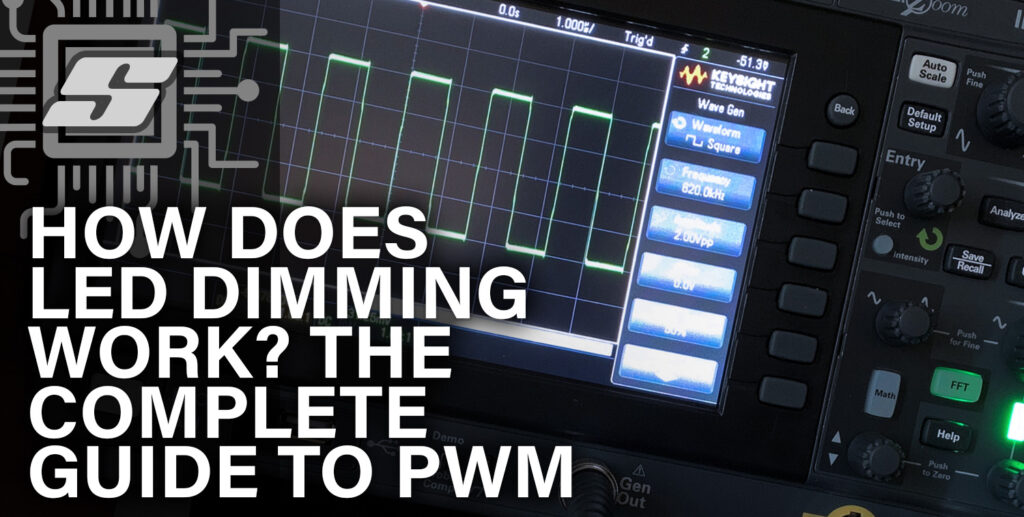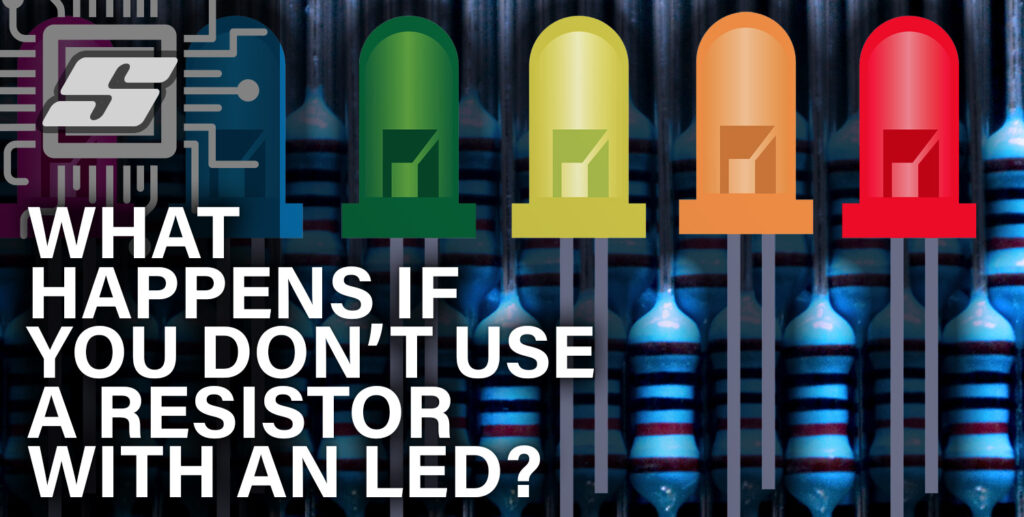Have you been pondering whether to include your Arduino, Raspberry Pi or other maker electronics project on your resume or curriculum vitae?
The last few times that I was actively seeking a new job opportunity, my maker electronics projects were my secret weapon!
Whether it be Arduino, Raspberry Pi, FPGA, Microchip PIC or any other electronics platform, I can say from first-hand experience that it is absolutely beneficial to include such projects!
In this article I will share my story and you too can learn how best to utilise your maker projects to snag you that awesome job, let’s get into it…
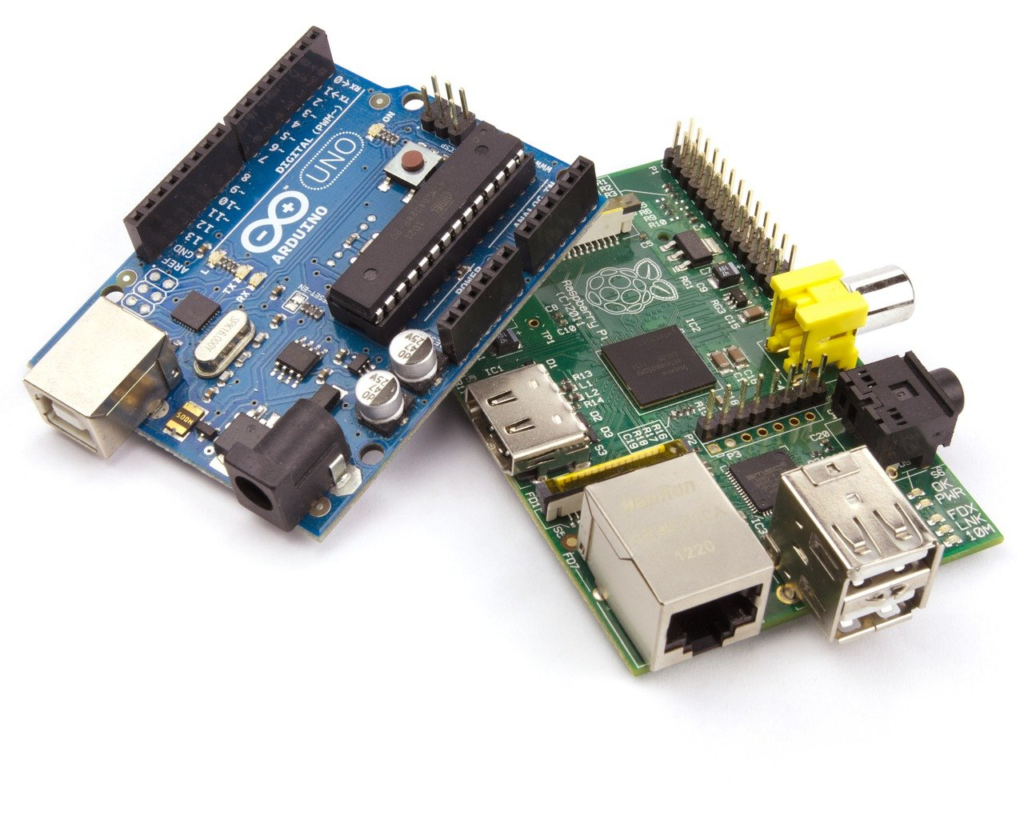
Prerequisite
I am going to assume that if you have found this article and read up to this point, you are likely to already have one or more suitable projects that you wish to include on your resume.
It is also important to understand that your project is your secret weapon. You will use this secret weapon to appear a cut above the rest. It will make you stand out from the crowd. However it cannot be a substitute for a lack of key skills.
showing your projects can be the secret sauce when aspiring to be the stand-out candidate
When you are in a situation where you have a competitive resume with the necessary skills and experience but you are one of many options, showing your projects can be the secret sauce when aspiring to be the stand-out candidate.
Another instance whereby showing your projects can be hugely beneficial is when they actually demonstrate the experience that the employer is seeking.
For example if you are applying for a design engineer job that is asking for experience programming Atmel MCUs, you absolutely should use your Arduino project!
Another important point is regarding the complexity and originality of your project.
On one hand, you might not get much of a result if you just take in an Arduino UNO running the blink sketch.
Equally as detrimental is having a project that is way too large and elaborate to properly demonstrate in an interview scenario.

I think the best and most effective projects are ones that can actually be taken to a job interview and demonstrated.
You should be aiming to be able to demonstrate a project quickly and for it to have some kind of wow factor, whilst still being relatively simple. I’ll discuss this further along with some example further in the article.
How Can I Use Arduino To Win A Job Opportunity?
I decided to write this article because of the success I had with using my maker electronics projects to win job opportunities.
During the last two moves I have made in my career I used practical electronics projects that I had developed in my spare time to give me the edge over the other candidates.
How To Land Your First Job In Electronics Using Arduino
The first time I used Arduino in such a way was to secure my first ever job in electronics manufacturing. I had been developing an Arduino MIDI controller board in my spare time.
I designed a custom Arduino board with the onboard electronics required for MIDI ports.
The board was based on the ATMega168 that is used on the classic Arduino UNO. I designed the board with EAGLE and had it manufactured at OurPCB in China.

I hand assembled a board and wrote some basic firmware that could convert an analog signal from a potentiometer into a stream of digital MIDI data.
My first job in electronics was as a CAM engineer in a printed circuit board manufacturing facility, who made aerospace and military technology. I took this Arduino project to the interview.
I had everything set up and ready to go. I took a MacBook Pro running the music software Ableton Live and set it up so that a potentiometer connected to the board was able to change one of the synthesizer settings.

Towards the end of the interview when I had the opportunity to ask any further questions I politely asked whether I could demonstrate a small project that was related to the job opportunity.
In my experience of doing this in several interviews, the employer is always curious and interested to see what you want to show, because it is unusual and can break the monotony of the same candidate interview process they experience over and over again.
I bet you one month of your starting salary that you will be the only candidate doing something like this. So don’t be scared to ask for the opportunity to show your work!
I demonstrated my Arduino project, which in itself served no benefit to the actual job role but it certainly impressed the employers on a personal level.
The employer is always curious and interested to see what you want to show, because it is unusual and can break the monotony of the same candidate interview process they experience over and over again.
After I saw that the room was engaged, I put some schematics and board designs for the PCB on the table, which I had printed out before the interview.
I explained that I had designed the PCB and had it manufactured in China. They were very impressed with this because after a little showmanship and demonstrating what the project did, I showed them some skills that were relevant to the job.
I made the Arduino Project relevant by showing the PCB design element, whilst making myself a memorable candidate.
Needless to say, I got the job.
How To Show A Prospective Employer Your Arduino Project
There are two ways you can demonstrate your skills by means of showcasing your Arduino or other maker project. I would recommend utilising both.
You can include details of your project in your resume and you can show your project during the interview.
Including Your Electronics Project In Your Resume
By definition a resume should be short and a single page. Personally I think the concept of a resume printed on a piece of paper is a little old fashion. I never felt it was the optimum way to present myself.
Personally I prefer to use LinkedIn as digital resume and detail all of my projects there. I like to included any personal projects and also previous projects and assignments I completed whilst studying.
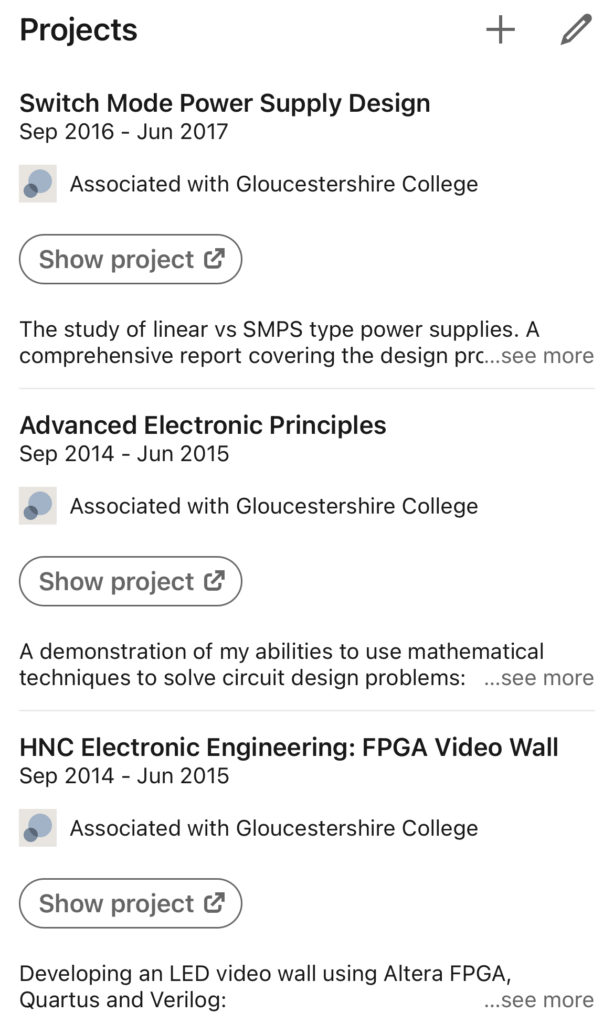
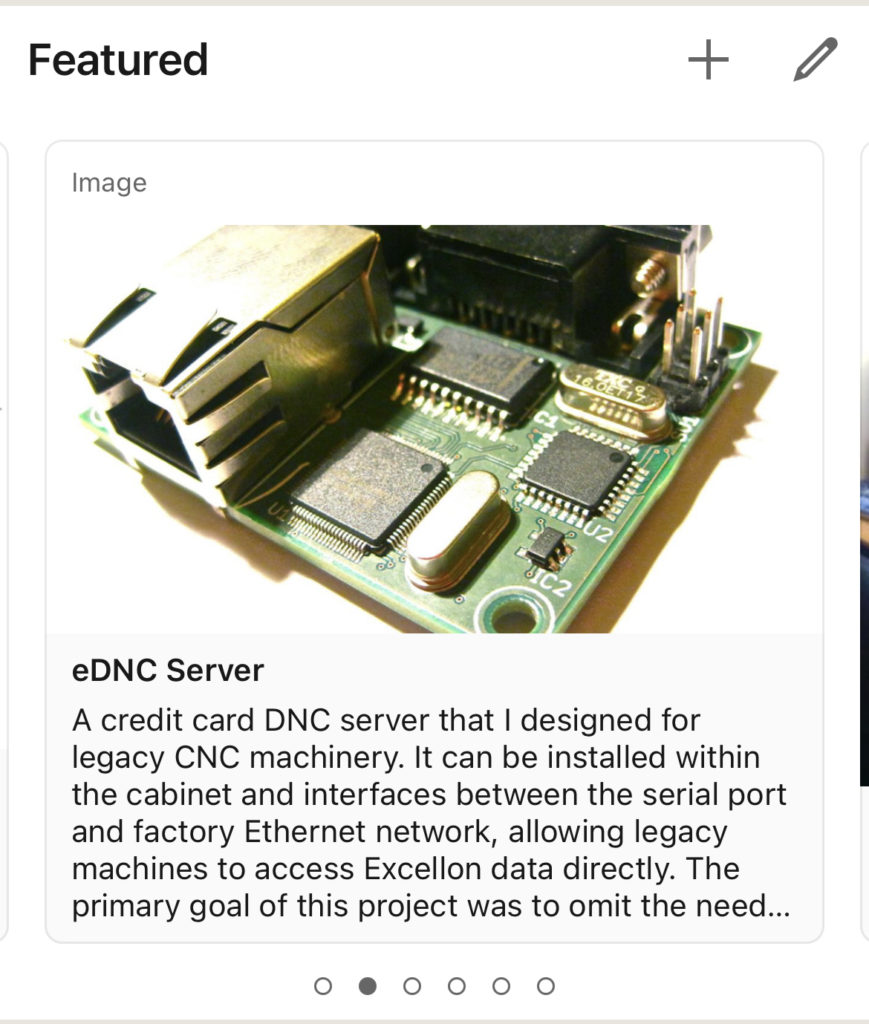
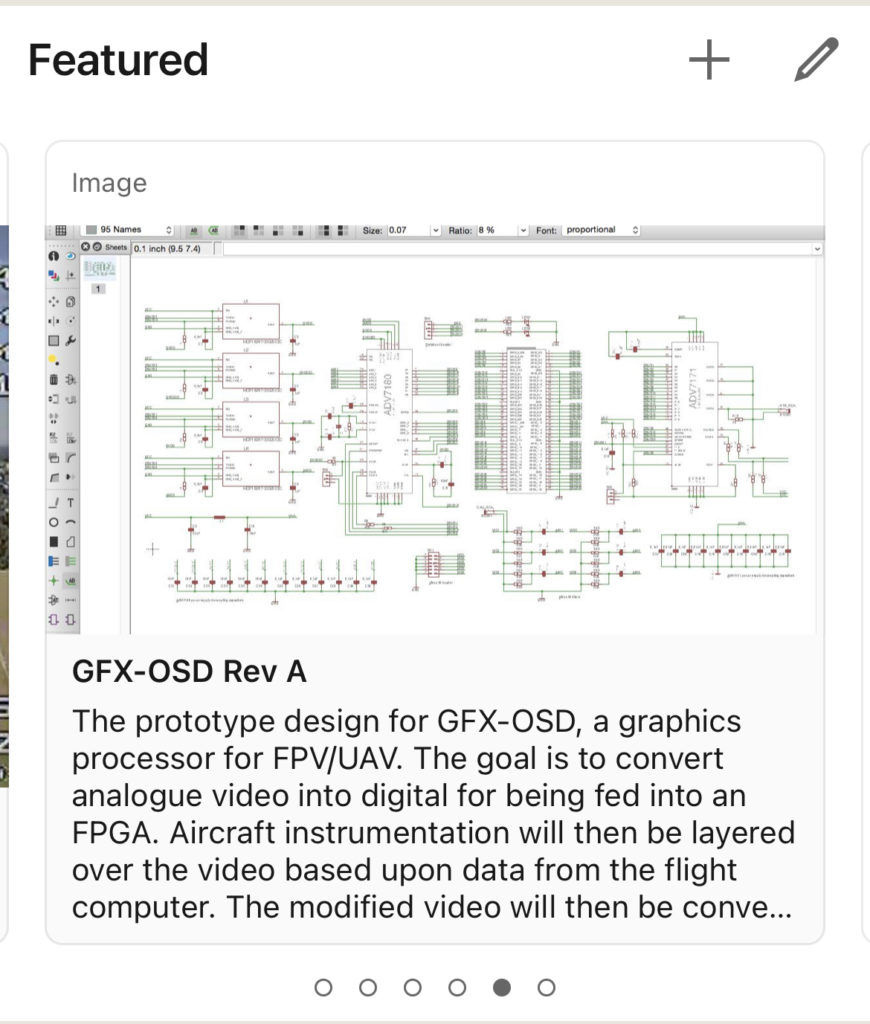
There is a whole host of information on my profile, should a prospective employer be interested in digging into my skill set. I tend to like to seek employment opportunities using LinkedIn in order that the employer has access to this information.
My resume is simply a “paper copy” of my LinkedIn profile, but somewhat simplified. I mention some projects in my resume but encourage prospective employers to visit my LinkedIn for further information.
Giving someone a paper resume (whether actual paper or a one page PDF) for me has only been a formality.
It is certainly useful to present yourself in such a way that you look like an attractive candidate. However you can achieve a far greater effect if you actually showcase your project during an interview.
Showcasing Your Project During An Interview
I have already mentioned a story whereby I presented an Arduino project in an interview and was offered a job.
On another occasion I presented a different project in a different interview. Not only was I offered the job but I was also offered it over someone who was more highly qualified than I am.
I had built a little project based upon an FPGA using this development board and one of these cool LED tiles. I built this project for my studies and it had been sat in a draw for a while.
I could program the FPGA to display a 32×32 pixel image. For the project I had set it up to display a picture of Sonic The Hedgehog (yeh I know, totally geeky).
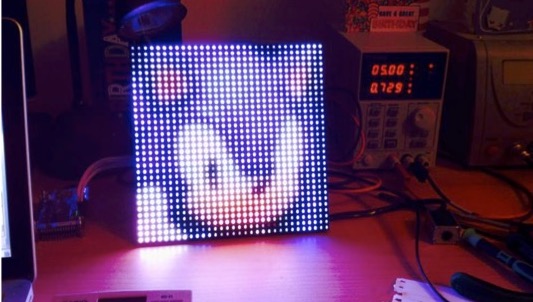
I decided to showcase this project to a prospective employer during an interview. However I changed the picture of Sonic to their company logo!
Towards the end of my interview I politely asked if I could demonstrate a project. Again like I mentioned earlier, they were very curious and open to see.
I had a DE0 Nano FPGA board connected to a 5V BEC that is usually used for RC models and I had a LiPo battery in my bag. I attached it into the lid of a briefcase so when I opened the case I simply connected the battery and bam! Their logo was in Las Vegas lights!
Conclusion
Presenting a project in such a way can show your drive and motivation, a true passion for the subject. It also makes you memorable and a stand out individual.
When the employer is sifting through twenty different candidates that have been interviewed, whos going to stand out?
Doing this sort of thing will make you the most memorable candidate regardless because it is very unlikely someone else will do something similar.
It is absolutely worth including your Arduino projects, or any other cool projects in your resume.
However as we have seen in the examples in this article, it is far more superior to not only include your projects in your resume but also include them in your LinkedIn profile and take them to the interview!
An employer seeing something cool and unique is at the very least going to make you memorable and at best it will give you the edge you need to land that dream job. Good luck!
And what to do if you don’t succeed in the interview? …well, if you have the freedom to do so, I would suggest you do this!
Thanks so much for visiting my site! If this article helped you achieve your goal and you want to say thanks, you can now support my work by buying me a coffee. I promise I won't spend it on beer instead... 😏
